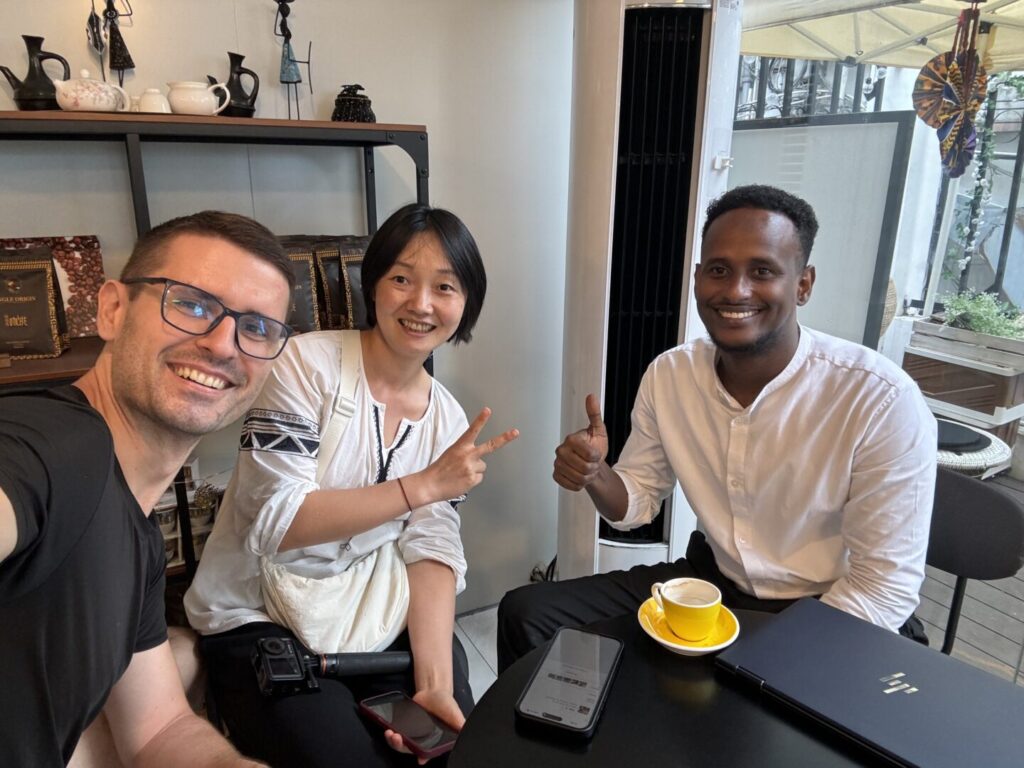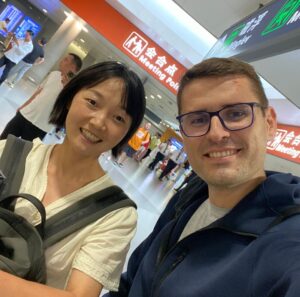Guangzhou, the capital of Guangdong province, has been a vital business and trading hub for centuries, thanks to its prime location on the Pearl River and its historical role in the Maritime Silk Road. From the days of ancient spice merchants to modern trade fairs, Guangzhou has maintained its reputation as one of China’s most open and economically dynamic cities. Its port, among the busiest in the world, still draws traders, entrepreneurs, and investors from around the globe. Beyond its modern skyscrapers and bustling wholesale markets, the city’s vibrant energy continues to shape its identity as a commercial powerhouse.
Within Guangzhou, Xiaobei stands out as a cultural melting pot unlike any other. Nicknamed “Little Africa” by locals, Xiaobei is home to a thriving community of African traders, Middle Eastern entrepreneurs, and people from across Southeast Asia, all bringing their own languages, fashions, and traditions. Walking through its lively streets, you might hear Arabic, French, Swahili, and Mandarin all in one block, reflecting the district’s incredible cultural diversity. This rich mix creates an open, cosmopolitan feel where everyone seems welcome, and where old Cantonese buildings stand side by side with businesses catering to customers from around the world.

Xiaobei’s food culture is as diverse as its people. African restaurants serve spicy jollof rice and grilled chicken next to Middle Eastern kebab shops and traditional Cantonese noodle stalls. Late at night, the streets stay busy with diners enjoying skewers, fresh seafood, and steaming hotpots that capture Guangzhou’s love for social eating. Food markets brim with imported spices and local vegetables, highlighting a global influence on daily cooking. People here share stories over tea, trade goods across cultures, and build friendships that cross continents. Xiaobei shows how Guangzhou’s long tradition of trade and openness continues to thrive through food and community.

AUTHOR
Get early access, behind-the-scenes content, and bonus interviews.
Help us keep sharing authentic, global Chinese voices.